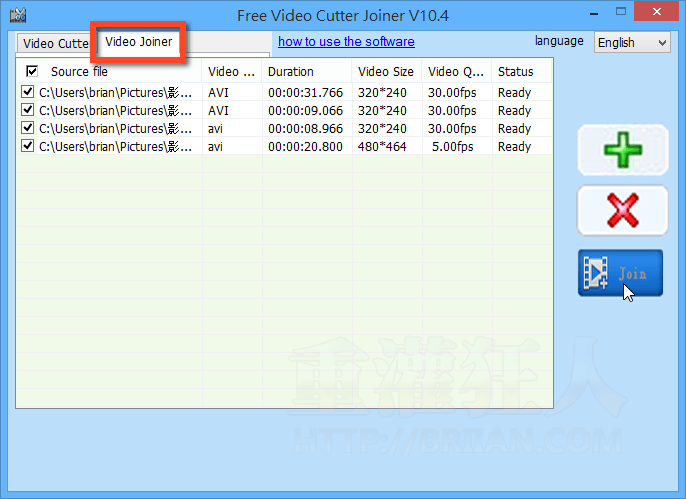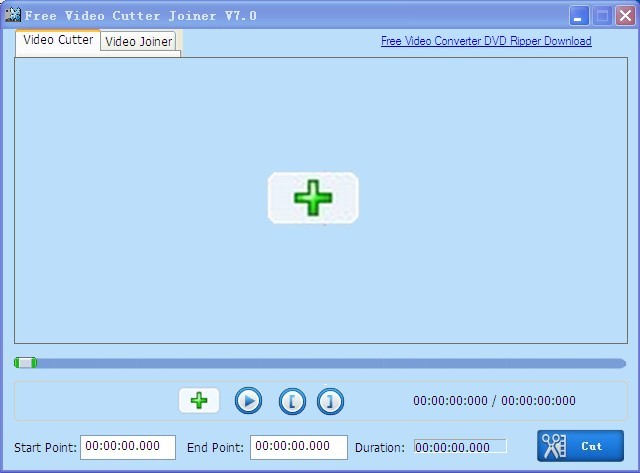
“If you are interested in data, it is better than search. “ a backbone of the web of data,” said Kat Thornton, a researcher at Yale University Library with expertise in linked data. There are millions of links between data points and interlinks to other open datasets.ĭenny Vrandečić, who designed Wikidata and worked for Google for six years as an ontologist before joining the Wikimedia Foundation last summer, said Wikidata connects to 40,000 other databases, including Wikipedia, DBpedia, Library of Congress, German Bibliotech, and VIAF. The project is young, Giesemann emphasises.Īs a concept, one might compare Wikidata to a busy train station. And the majority of the data is from-and about-the Northern hemisphere.

Including gender gaps in the contributor base-the majority of the volunteer editors are male. The project suffers from the biases and vandalism that plague other Wikimedia projects. Though there’s evidence that Wikidata is already ushering in a new era of linked data-with the dataset being incorporated into commercial technologies such as Amazon's Alexa and Google's knowledge graph-there are limitations, including whether or not web pages link to Wikidata. He co-founded the Open Data Institute, which recently honoured WikiData with a special award. Elisabeth Giesemann, from Wikimedia Deutschland, recently gave a talk for journalists and explained that Wikidata is actualising the vision of a semantic web touted by Sir Tim Berners-Lee, creator of the world wide web.īerners-Lee similarly champions Wikidata. The first step is discerning the difference between the promise of the project and how it works today. How can data journalists use the Wikimedia movement's linked knowledge base data? Illustrated, for example, by the fact that Accra's population is still unlinked on Wikipedia (the English Wikipedia article's infobox references the census, not Wikidata). Wikidata is a sister project to the better-known crowdsourced encyclopedia, Wikipedia-which has benefits for data journalists.Īnd both are part of the Wikimedia movement, whose mission is to bring "free educational content to the world."īut unlike Wikipedia, which at 20 years old is recognised for being surprisingly reliable despite predictions that the end of Wikipedia is near, Wikidata is best known for having a promising future-that hasn't quite arrived. The population of Accra, Ghana can be consistent no matter where you look.

#WIKI FREE VIDEO CUTTER JOINER UPDATE#
Update the population of a city in Wikidata insert the linked identifier into article pages-and bada-bing, bada-boom–when the linked database is updated, all the identifiers running the information also update. A machine and human-readable linked knowledge base that straddles the best of both.

Rather, it's a problem of unlinked data.Įnter Wikidata, in 2012. Because the inconsistency isn't an issue of controversial records or out-of-date datasets. Any population statistic is bound to be out-of-date from the moment it’s collected.īut the variation-and lag-in updates on data points like population across Wikipedias, not to mention elsewhere on the web, has frustrated open access semantic web advocates, working for more machine-readable linked data online. Of course, people are born, die, move, and boundaries are being negotiated. With a search engine, a third number.Įach might be correct, contextually. Let’s say you used another language version, French Wikipedia. For a quick answer, you might look at a Wikipedia article’s infobox on Accra. A decade ago, let’s say you wanted to know the population of the metropolitan area of Accra, Ghana using the open web.


 0 kommentar(er)
0 kommentar(er)
